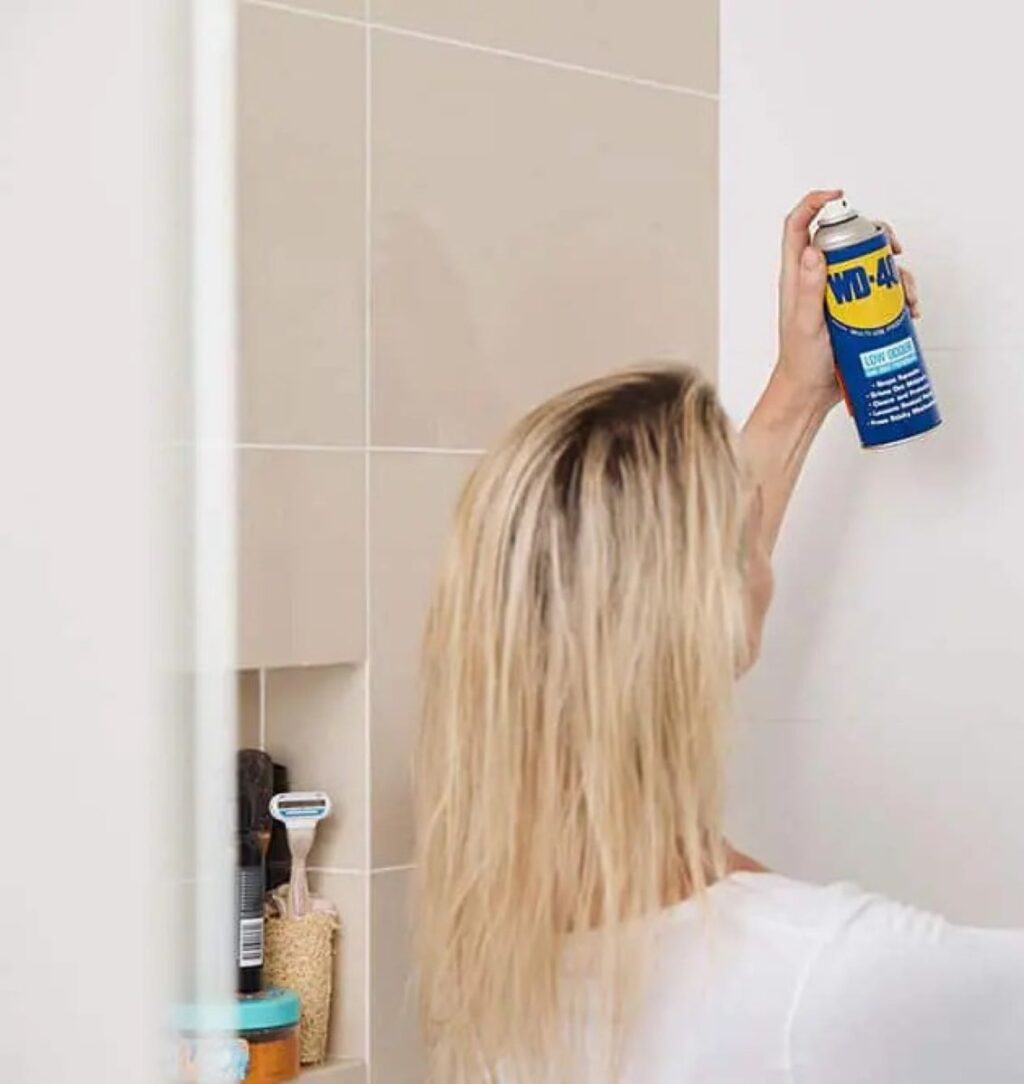
In the realm of modern construction, particularly for Greenville homes, the quest for energy efficiency has become paramount. With a focus on sustainability and reducing carbon footprints, builders and homeowners alike seek innovative solutions to improve the thermal efficiency of structures. Among the myriad of options available, spray foam insulation for Greenville homes stands out as a versatile and highly effective solution, offering unmatched performance and substantial energy savings. Whether it’s a newly constructed residence or a renovation project in Greenville, spray foam insulation proves to be a game-changer, ensuring superior insulation and significant long-term energy savings for homeowners in the region.
Spray foam insulation is a type of insulation that is sprayed onto surfaces as a liquid, where it then expands to fill cavities, cracks, and gaps. This expansion allows it to create a seamless, airtight barrier that effectively seals the building envelope. Unlike traditional insulation materials such as fibreglass or cellulose, which can leave gaps and seams that compromise efficiency, spray foam insulation conforms to the contours of any space, providing unparalleled coverage and insulation.
One of the key advantages of spray foam insulation is its superior thermal performance. By forming a continuous barrier, it prevents heat transfer through conduction, convection, and radiation more effectively than other insulation materials. This means that buildings insulated with spray foam require less energy for heating and cooling, resulting in lower utility bills and reduced environmental impact.
Another benefit of spray foam insulation is its ability to create an air barrier. Air leakage is a significant source of energy loss in buildings, accounting for up to 40% of heating and cooling costs in some cases. Spray foam seals cracks and penetrations, preventing conditioned air from escaping and outside air from infiltrating. This not only improves energy efficiency but also enhances indoor air quality by reducing the infiltration of dust, pollen, and pollutants.
Additionally, spray foam insulation offers structural benefits beyond its thermal properties. It adds rigidity and strength to walls, roofs, and ceilings, increasing the overall durability and resilience of the building. This can be particularly advantageous in areas prone to extreme weather events, as spray foam insulation can help mitigate damage from high winds, heavy rains, and even earthquakes.
Furthermore, spray foam insulation is versatile and adaptable to a wide range of applications. It can be used in new construction or retrofitted into existing buildings, making it suitable for residential, commercial, and industrial projects alike. It can be applied to various surfaces, including wood, metal, concrete, and masonry, making it a versatile choice for architects, contractors, and homeowners.
While the initial cost of spray foam insulation may be higher than traditional insulation materials, the long-term benefits far outweigh the investment. Studies have shown that buildings insulated with spray foam can achieve energy savings of up to 50% or more compared to conventional insulation methods. Additionally, the increased comfort, durability, and indoor air quality provided by spray foam insulation contribute to a higher quality of life for occupants.
In conclusion, spray foam insulation offers unmatched performance and energy savings for modern buildings. Its superior thermal properties, air-sealing capabilities, structural benefits, and versatility make it a top choice for architects, builders, and homeowners seeking to optimise energy efficiency and sustainability. As the demand for energy-efficient construction continues to grow, spray foam insulation will undoubtedly remain at the forefront of innovative building solutions.




